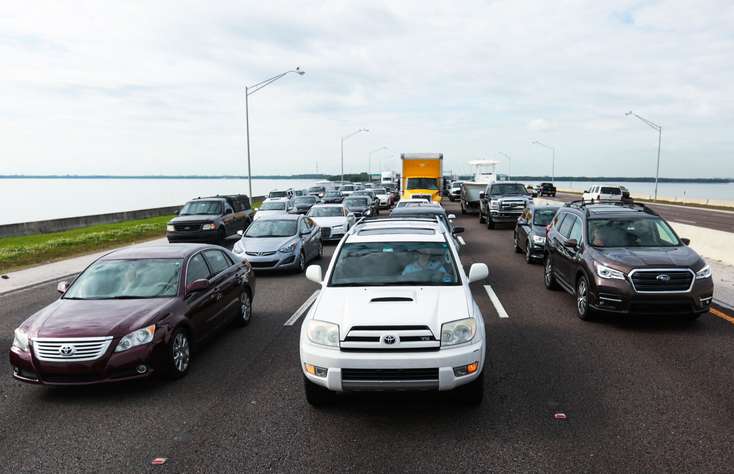
If you’re a Florida resident looking for cheap car insurance, the odds might already be against you.
According to personal finance website WalletHub, Florida came in as the second-most expensive state for car insurance, out of 47 states ranked.
The website compiled the ranking by collecting quotes from major auto insurers in at least six cities in 47 states. WalletHub spokeswoman Diana Polk said researchers didn’t get enough quotes from Alaska, Hawaii or Michigan to include them in the rankings.
WalletHub used a 30-year-old man with a clean driving record who drives a 2010 Toyota Corolla and has good credit for its rubric. Coverages were set to base levels.
In the rank of cheapest states, Florida came in at 46. Iowa, it seems, has the cheapest insurance. Only New York was more expensive, per the study.
According to Jeffrey Grady, CEO of the Florida Association of Insurance Agents, uninsured drivers and newer, more expensive vehicles lead to higher rates in Florida.
“Florida is estimated to have 26% of the vehicles on the road with no insurance, so those with insurance pay more,” he said. “More expensive cars, more expensive repairs, and more accidents leads to higher insurance costs.”
WalletHub’s survey found that Progressive has the cheapest insurance in Florida, with Geico, Liberty Mutual, State Farm and Travelers coming in after. Progressive, Geico and State Farm were the top-three cheapest insurers nationwide.
WalletHub also found that 22 percent of adults in the U.S. don’t understand the coverage they get and 26 percent said they consider price over protection.

Car insurance rates are regulated state-by-state with a host of factors determining costs. Credit score, job title, driving history, gender, crime rates, traffic density and road conditions and health care costs, among other factors, can impact how much insurance can cost in a given state. State regulations, like Florida’s no-fault law, also impact rates.
Douglas Heller, an insurance expert with the Consumer Federation of America, said he’d like to see states do more to base insurance rates on how people drive, not who’s doing the driving.
“States can and should eliminate the insurance industry practice of varying drivers’ auto insurance premiums based on personal and socioeconomic characteristics, such as one’s job title, level of education, gender, or marital status,” he said. “These factors push rates up for some drivers despite their excellent driving records and this should be prohibited. We should all be rated on how we drive, not who we are.”


























